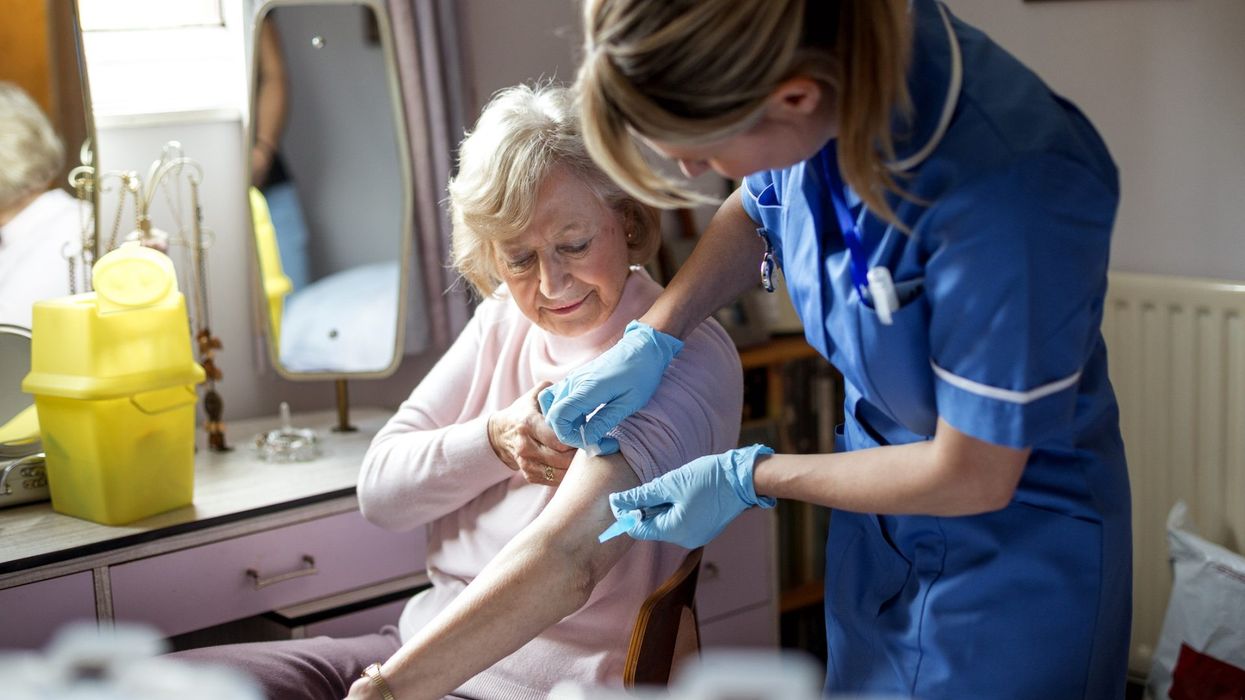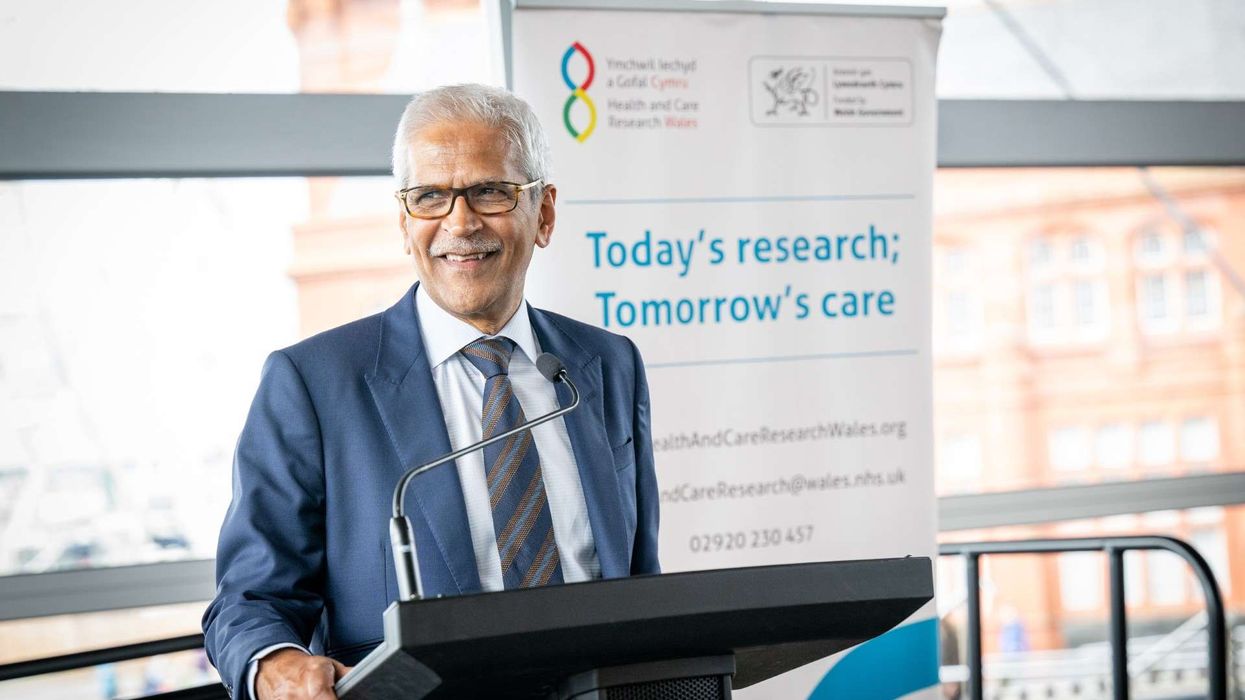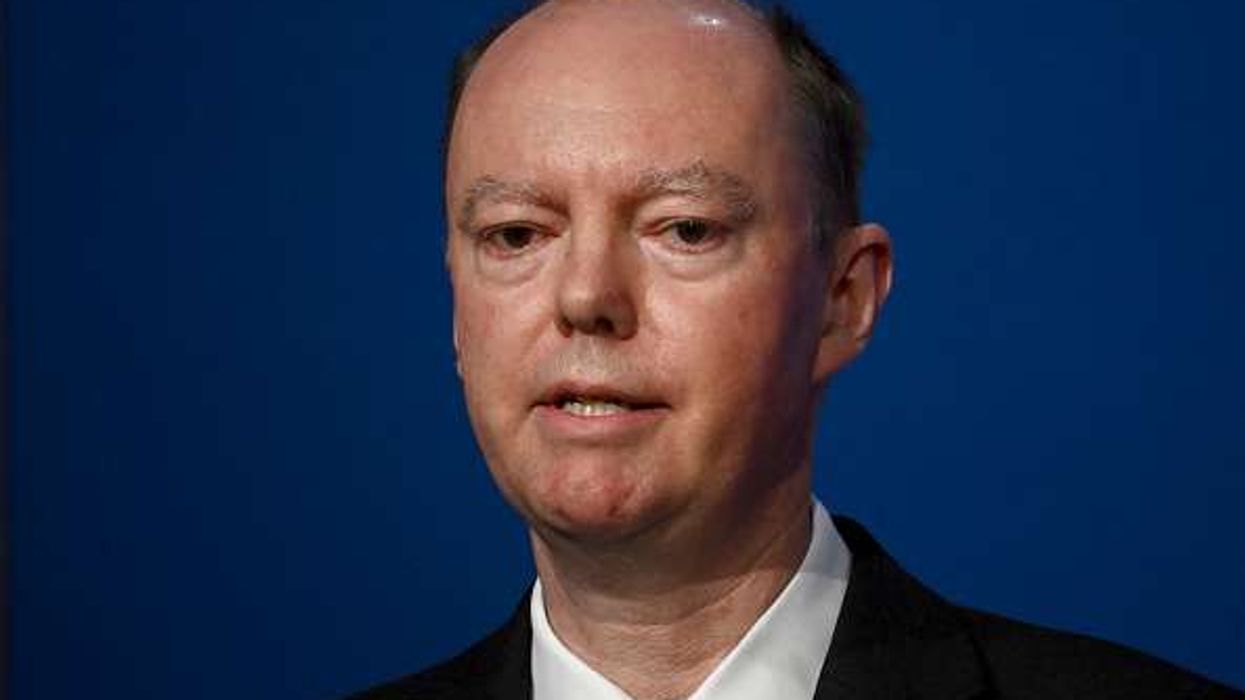The Pharmaceutical Services Negotiating Committee (PSNC) has called the ‘new general practice contract’ which was imposed by NHS England on Monday (6 March) as ‘simply unreasonable’.
The imposition of new contract followed a failed talk of British Medical Association (BMA)’s with the negotiator. The association’s main issue with the contract is the lack of further funding beyond that agreed in 2019 as part of the five-year deal.
PSNC Chief Executive Janet Morrison said: “The breakdown in GP contract negotiations for the second year running is another blow for primary care. The verdict of the GP negotiators is that the demands being made of doctors by Government and the NHS are simply unreasonable.”
“Community pharmacy is being treated with the same disregard: too much is being asked of us, with far too little funding available.”
The committee has been raising the issue and challenges faced by the community pharmacists with the government. The government is asking pharmacies to do more by taking giving additional services but the committee is of view with no extra funding the community pharmacies will collapse.
“The Government and NHS know from the analysis and warnings we are continuing to give them that they are on very dangerous ground with more and more pharmacies on the brink of financial collapse,” Morrison added.
The committee had also raised concerns over the NHS ad campaign that highlighted how community pharmacies can support patients with non-health advice amidst the growing pressure on pharmacies. It believes the campaign will only ‘worsen’ the pressure on pharmacies.
On this, recently Dr Copperfield, GP, Essex said in his blog in Pulse Today: "First, the response of the PSNC, which described the campaign as ‘irresponsible’, ‘deeply concerning’, ‘extremely unhelpful’ and ‘irritating’. Which I think means they don’t like it. And no wonder: the Government has previously demonstrated a willingness to fund this work, at least when referred via 111 or the GP, under the Community Pharmacy Consultation Scheme (CPCS). This revelation that NHSE has shown willing to cough up cash when patients cough up phlegm implies to PSNC it must be a pharmacy service of real value, so it should come with appropriate funding.”
Morrison has called Dr Copperfield’s comments “rude and unfounded.” She added, “NHS England analysis of the CPCS shows that less than 12% of patients need referral back to their GP or to a hospital, and our advice audits have shown that less than half of informal patient consultations in pharmacies include the sale of an OTC medicine.”
“If Dr Copperfield thinks that these transactions make pharmacies any money we’d invite him to come and examine some pharmacy accounts and to see for himself just how much pharmacies continue to put patients over profit.”
She further explained that the 30% real terms cuts to the funding are decimating pharmacy sector: pharmacies are on their knees with 88% telling us they are losing money. General Practice is also in a very difficult place. Both sectors are suffering as a direct consequence of Government and NHS policies and funding decisions.
“Far better that we work together to address this than to spend our time taking cheap – and factually inaccurate – shots at one another.”
“We are working hard to influence the Primary Care Recovery Plan which must include a lifeline for pharmacies – if it doesn’t, then our General Practice colleagues and their patients can expect further crises ahead as pharmacy businesses continue to fail.”











